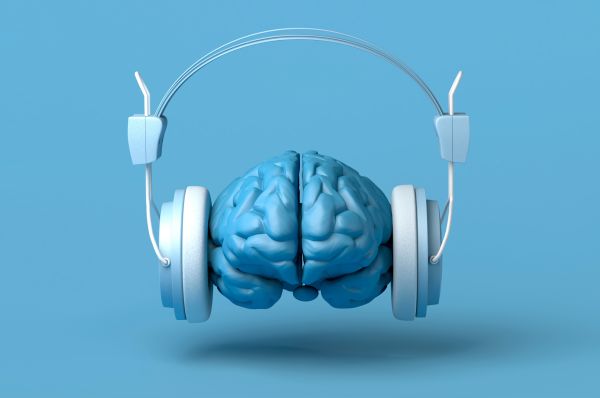
The Sound of Success: How Music Boosts Productivity in the Workplace
Have you ever noticed how music can change your mood, enhance your focus, and improve your creativity? Many of us listen to music when we're working out or studying, but what about in the workplace? Can music really help us be more productive on the job?
The answer is yes! There is a growing body of research that shows how music can positively affect productivity in the workplace. In this article, we'll explore the power of music on the brain, the benefits of listening to music while working, and strategies for incorporating music into the workplace.
The Power of Music on the Brain

Music has a profound effect on the brain. Studies have shown that music can increase the release of dopamine, a chemical that plays a key role in motivation and pleasure. Music can also activate the prefrontal cortex, the part of the brain responsible for executive functions like decision-making and problem-solving. This means that listening to music can help us be more focused, creative, and motivated at work.
The Benefits of Listening to Music While Working
When we listen to music, we can enter a state of "flow," where we become fully absorbed in our work and lose track of time. This can be especially helpful when we're working on tedious or repetitive tasks. Music can also help us block out distractions, like background noise or conversations, and reduce stress and anxiety. In fact, one study found that when surgeons listened to music during surgery, they reported feeling less stressed and more efficient.
While music can help us concentrate, not all music is created equal when it comes to productivity. According to research, instrumental music without lyrics is the most effective for improving focus and productivity. This is because lyrics can be distracting and make it harder to focus on tasks that require verbal processing, like writing or reading. Classical music, jazz, and electronic music are popular choices for boosting focus and productivity, but ultimately, the best type of music is the one that you find personally motivating and conducive to your work.
Creating the Right Atmosphere with Music

In addition to improving focus and concentration, music can also enhance the mood and energy in the workplace. For example, if you work in a creative industry, you may want to play music that's upbeat and inspiring to get your creative juices flowing. If you work in a high-stress environment, you may want to play calming music to reduce anxiety and promote relaxation. The key is to select music that fits the environment and goals of your workplace.
If you're interested in incorporating music into your workplace, there are a few strategies you can use to make it happen. One option is to create a shared playlist that everyone can contribute to and play in the office. Another option is to provide noise-cancelling headphones to employees who want to listen to music while they work. However, it's important to remember that not everyone may want to listen to music, so it's important to be mindful of your coworkers' preferences and needs.
Conclusion
Music can be a powerful tool for improving productivity, focus, and creativity in the workplace. By understanding the power of music on the brain and incorporating it into the workplace environment in thoughtful and intentional ways, we can create a more positive and productive work culture.
Whether it's classical music for focus, jazz for creativity, or calming music for stress relief, there's a type of music that can help you achieve your work goals. So the next time you're feeling unmotivated or distracted at work, try putting on some headphones and see how music can help you get in the zone and boost your productivity.